Welcome to the world of sinful nutrition, where every veggie has a potential downside. While they may be packed with nutrients, some vegetables can also contain harmful substances or contribute to health problems when consumed in excess. In this article, we’ll explore the darker side of nutrition and shed light on which veggies to enjoy in moderation or avoid altogether. Get ready to rethink your plate!
Watch out, these common veggies have a sinister side that’ll make you think twice before taking a bite. But don’t despair, there are ways to enjoy your favorite foods guilt-free by being mindful of portion sizes and cooking methods. Remember, everything is in moderation.
Pro Tip: Don’t deprive yourself of your favorite foods entirely – instead, find healthier ways to indulge in them.
The Dark Side of Common Vegetables
1. The Truth About Spinach
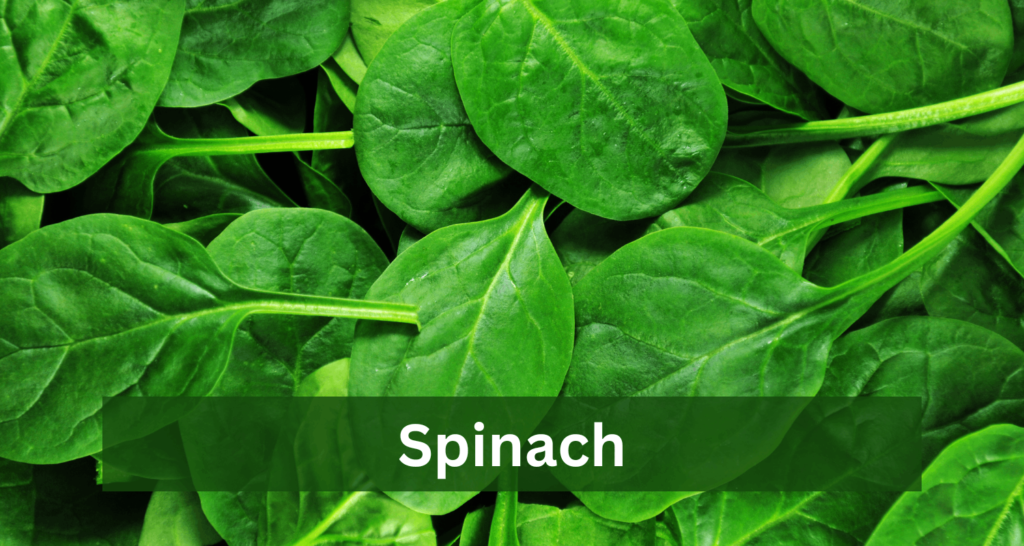
Green Leafy Deception: Uncovering the Hidden Dangers of Spinach
Spinach, a nutrient-rich vegetable that’s often hailed as a health food, may not be as beneficial as you think. Recent studies suggest that spinach contains high levels of oxalates, which may lead to the formation of kidney stones in susceptible individuals. Furthermore, spinach can also contain harmful chemicals such as pesticides and nitrates if not grown organically.
If you’re considering adding spinach to your diet or already consume it regularly, it’s imperative to learn about the potential risks associated with this seemingly harmless vegetable. Apart from kidney stones and possible pesticide exposure, excess consumption of spinach can also have adverse effects on those taking certain medications. It’s always wise to speak with a healthcare professional before making any drastic dietary changes.
As with any other plant-based food, moderation is key when consuming spinach. While it does provide numerous health benefits like vitamins and minerals, overconsumption can also cause harm to your body. Make sure you’re aware of all the risks involved and make an informed decision on whether or not to include spinach in your diet.
2. The Deception of Broccoli
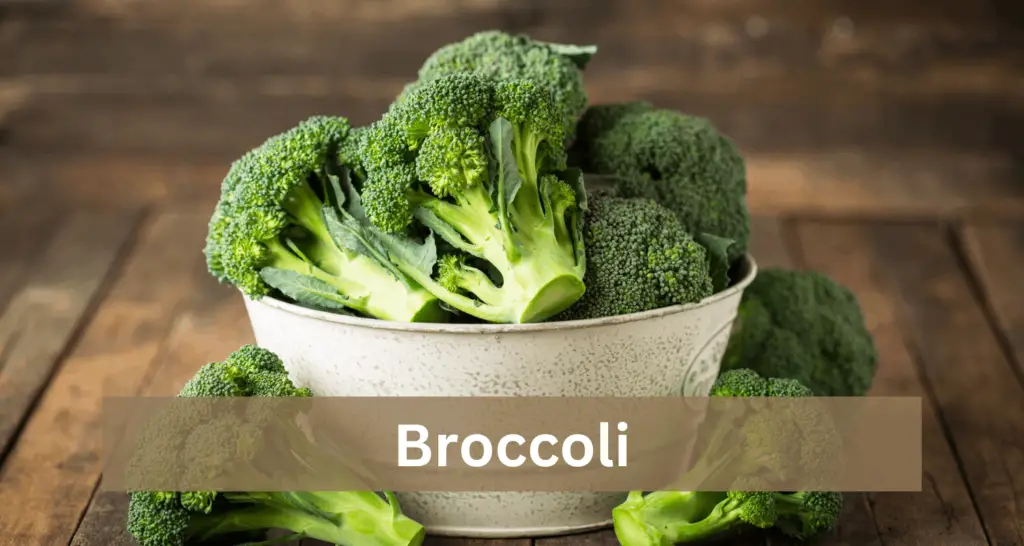
Many commonly consumed vegetables are perceived as nutritious, but some can be deceiving in terms of their true dietary value. Broccoli, often thought to be a superfood, can actually hinder nutrient absorption due to its high levels of oxalic acid. This substance binds to minerals like calcium and iron, making them less available for the body’s use.
Furthermore, broccoli is also part of a family of cruciferous vegetables that contain goitrogens. These compounds interfere with thyroid function and can cause goiter or enlargement of the thyroid gland if consumed in excess.
It’s important to note that broccoli still offers numerous health benefits and should not be avoided entirely, but balanced consumption is crucial for optimal nutrient intake.
3. Eggplants: A Secretly Sinful Vegetable
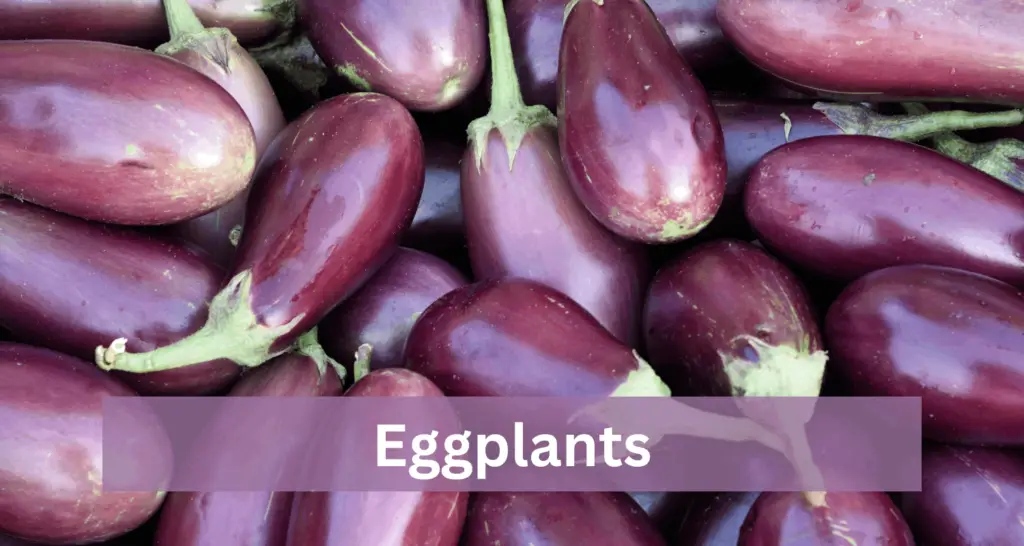
Eggplants possess a sinfulness that is not as apparent as it should be. Despite their common-place nature in meals, they have a darker side.
- They contain solanine, an alkaloid toxic to humans if consumed in large amounts.
- They are part of the deadly nightshade family and can cause reactions in susceptible people.
- Eggplants have been known to induce labor and could potentially cause harm to pregnant women if eaten in excess.
- The European eggplant species also has thorns on its leaves that have been known to irritate the skin.
It is important to consume eggplants in moderation and be aware of any possible allergies or sensitivities towards them.
Overall, while eggplants may seem like harmless additions to our meals, there is more than meets the eye with this secretly sinful vegetable. It is crucial to educate oneself on the potential risks and consume them responsibly.
4. The Dangers of Bell Peppers
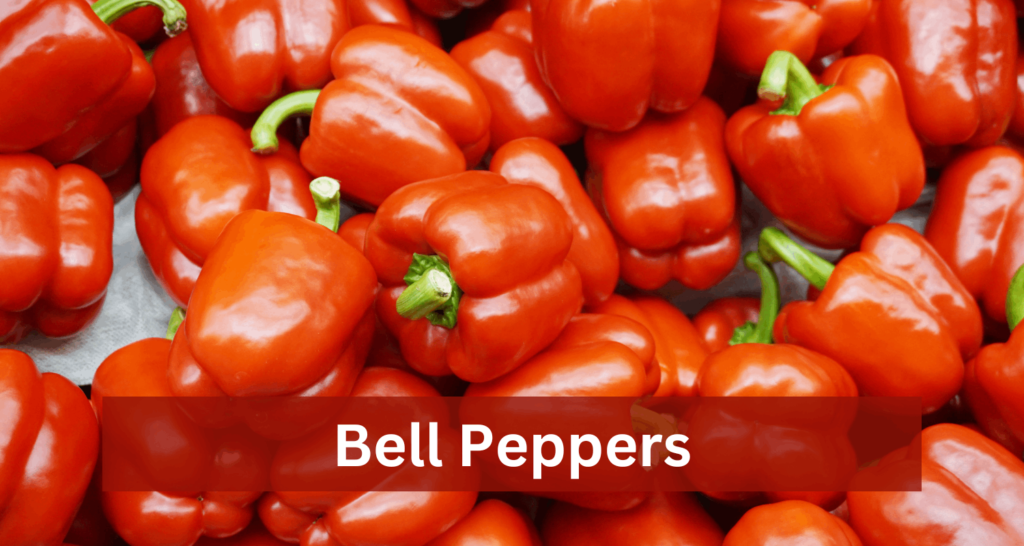
Bell peppers are considered to have hidden dangers that one may not easily recognize. These vegetables contain a chemical compound known as solanine that can cause adverse effects on human health. Solanine is known to cause digestive problems, allergic reactions, and even inflammation when consumed in large amounts.
Additionally, bell peppers may also carry harmful pesticides and herbicides that can compromise the safety of their consumption. It is essential to ensure that these chemicals are not present in the crop from where the bell peppers were grown before choosing to include them in your diet.
Interestingly, some studies suggest that bell peppers were once used for medicinal purposes due to their anti-inflammatory properties. The potential therapeutic uses of this vegetable are yet to be fully explored.
In ancient times, green bell peppers were not readily consumed as they possessed a bitter taste. However, through selective breeding practices dating back hundreds of years, the sweet red, yellow and orange varieties we know today were developed.
5. The Danger of Carrots
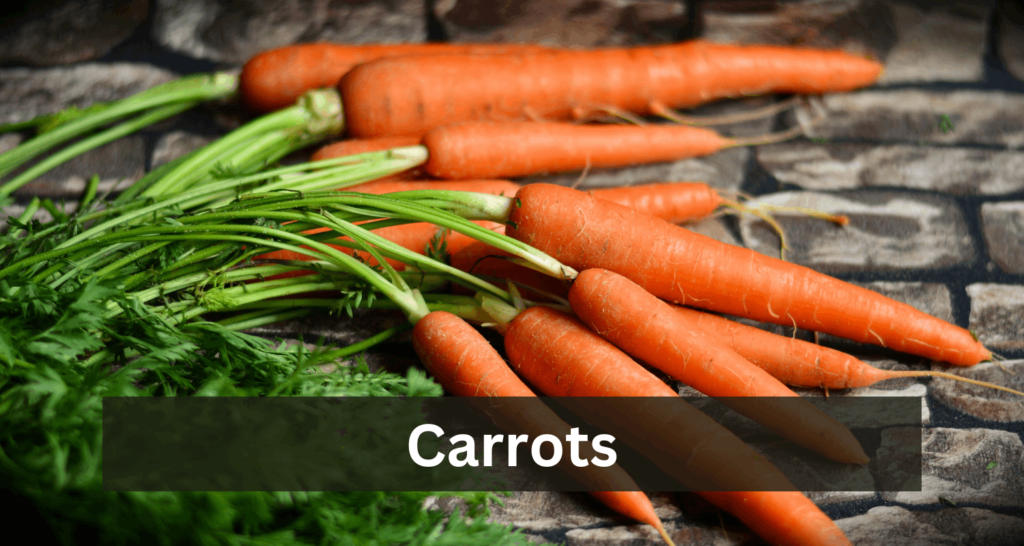
Carrots, a seemingly harmless vegetable, may have a dark side. While rich in vitamins and antioxidants, carrots contain a substance known as falcarinol. This compound may pose a risk to those with sensitive digestive systems or allergies. The Lurking Dangers of Carrots are not well-known but must be considered before consuming in excess.
Excess consumption of carrots can lead to carotenemia, causing the skin to turn yellow-orange in color due to excess beta-carotene in the body. Those with diabetes or high blood sugar levels should also be mindful of their carrot intake as the vegetable has a high glycemic index.
It is essential to consider the quality and source of your carrots. Conventionally grown carrots are often coated with harmful pesticides that may prove detrimental if ingested regularly over an extended period.
Despite its potential dangers, carrots play an essential role as staple vegetables worldwide and have been cultivated since ancient times. The seductive orange hue of modern-day hybrid carrots attributes itself to Dutch breeders who crafter this unique trait in the seventeenth-century Netherlands.
Related Post: Food that makes people sick will often
Healthy Vegetable Alternatives
To indulge in guilt-free yet healthy meals, go for surprising vegetable alternatives. Explore the use of versatile vegetables like cauliflower, sin-free indulgences like artichokes, sweet potato for guilt-free indulgence, and the surprising zucchini.
Zucchini
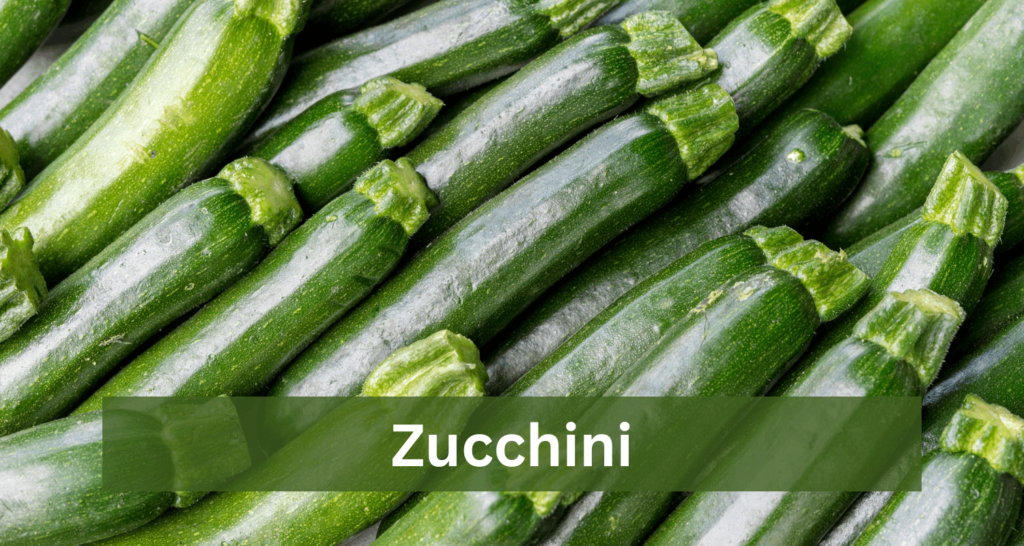
Zucchini is an unexpected yet intriguing vegetable that offers a lot more than one may expect. It can be used in various dishes, and its health benefits are worth noting. Here are three points about this fascinating vegetable:
- Low in calories and high in nutrition, zucchinis are packed with essential vitamins and minerals.
- Zucchini can help reduce inflammation, improve heart health, and prevent chronic diseases like cancer.
- Its versatility means it can be substituted for noodles or used as a healthier option for pizza crusts.
In addition to these remarkable qualities, it’s interesting to note that zucchinis were first grown in Italy but have now become widely available globally.
Sweet Potato
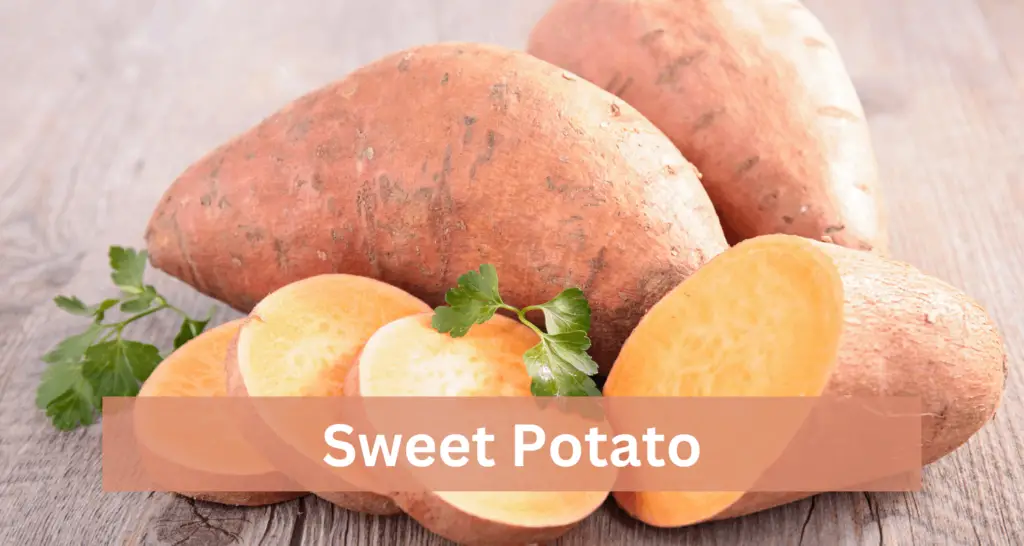
Incorporating sweet potatoes into your diet is a smart choice that promotes better health without sacrifice.
- Rich in beta-carotene and fiber, they aid in digestion, immune function, and vision.
- Their low glycemic index prevents blood sugar spikes.
- They are a good source of vitamin C, potassium, and manganese, promoting heart health.
- Naturally sweet and satisfying, they provide satiety without the empty calories of regular potatoes.
- Diverse cooking methods including roasted fries or mashed add texture to your meals.
- Their affordability and versatility make them an accessible ingredient for anyone pursuing a healthier lifestyle.
Did you know that sweet potatoes come in varying colors? From creamy white flesh to purple and red skins!
Take the leap towards optimal wellness with Sweet Potatoes today. Don’t miss out on the many benefits of this fantastic superfood trend by incorporating them into your daily meals!
Cauliflower
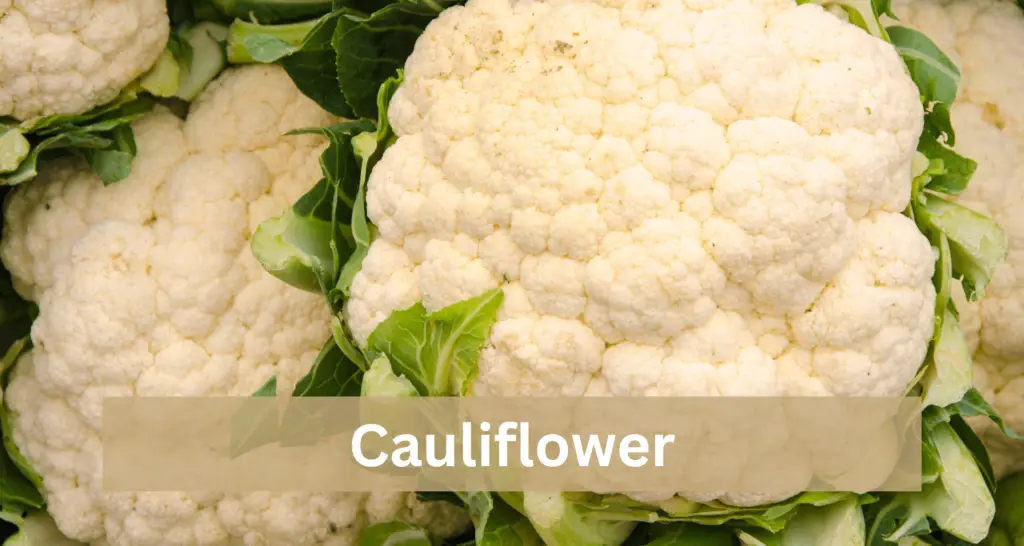
Cauliflower is a multi-faceted vegetable that is both indulgent and nutritious. Here are six ways that this versatile vegetable can add an extra oomph to your meals:
- Cauliflower rice – a healthy alternative to traditional rice
- Cauliflower pizza crust – perfect for gluten-free options
- Cauliflower mashed potatoes – low-carb and delicious
- Cauliflower wings – a vegetarian substitute for buffalo wings
- Cauliflower steak – a vegan option for a meaty texture
- Cauliflower soup – creamy and satisfying without the heavy cream
In addition to its versatility, cauliflower also has unique details that set it apart from other vegetables. For example, it is high in fiber, aids in digestive health, and contains anti-inflammatory properties.
Pro tip: Try roasting cauliflower florets with garlic and Parmesan cheese for an easy yet flavorful side dish.
Artichokes
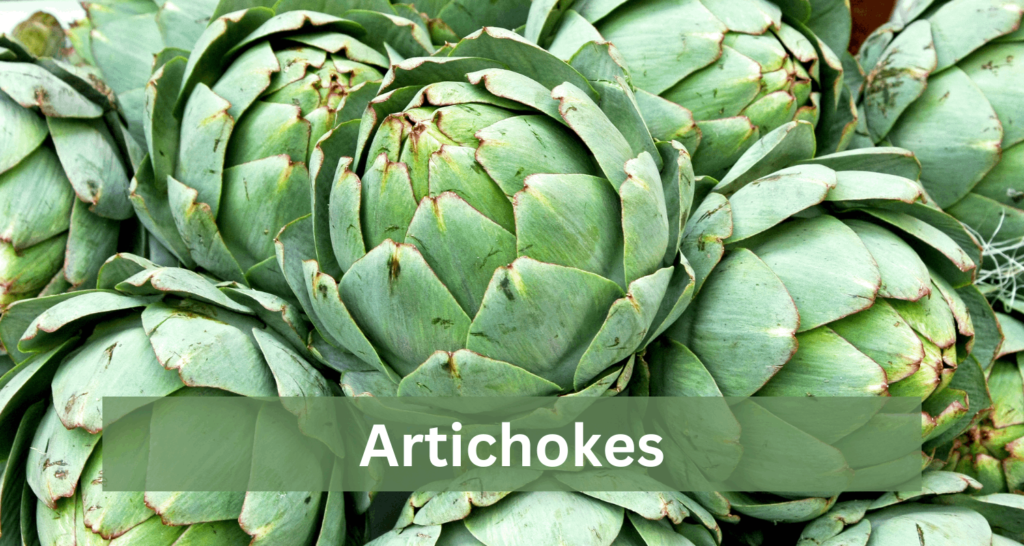
Artichokes are the perfect addition to a healthy diet, and with their delectable taste, they make for a sin-free indulgence. Here are five reasons why indulging in an artichoke is both satisfying and good for your health.
- Low in calories and high in fiber – artichokes are great for weight management
- Rich in antioxidants – can prevent oxidative stress and reduce the risk of chronic diseases
- Excellent source of vitamin C – offers a boost to the immune system
- Helps digestion – the high fiber content helps regulate bowel movement and promotes gut health
- Promotes liver health – stimulates liver function and promotes detoxification
Moreover, Artichoke leaves are used as a traditional medicine to treat various ailments like heartburn, nausea, bloating, and even urinary tract infections. Don’t miss out on enjoying this healthy delicacy. Try adding Artichokes to your next meal.







